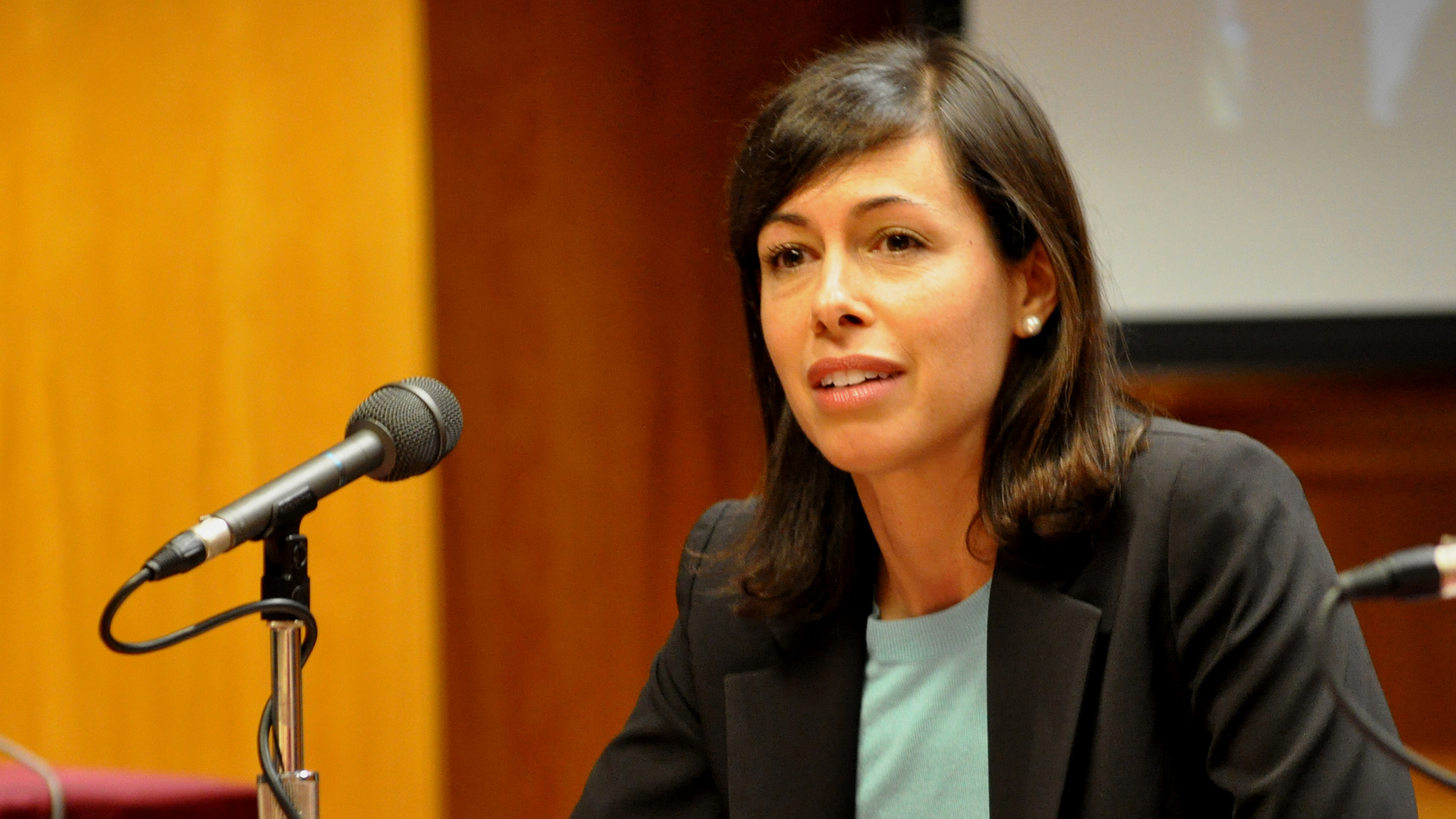FCC Chief Rosenworcel Floats Refunds During Pay TV Retrans Battles
Proposal would require notice when channels go dark and subscribers to be compensated for extended blackouts

The smarter way to stay on top of the multichannel video marketplace. Sign up below.
You are now subscribed
Your newsletter sign-up was successful
Federal Communications Commission chair Jessica Rosenworcel is proposing to put the onus on cable and satellite operators to inform the agency if a broadcast channel they carry has gone dark for an extended period due to a retransmission-consent impasse and to refund subscribers for those extended blackouts.
Rosenworcel has circulated notices of proposed rulemakings (NPRMs) to that effect to her fellow commissioners.
If approved, the notices would seek comment on rules requiring multichannel video programming distributor (MVPD) notifications of any blackouts exceeding 24 hours, and mandating rebates to customers for those disruptions.
Cable operators are under no obligation to carry over-the-air TV stations unless those broadcasters elect to forego any compensation in exchange for carriage under the FCC's must-carry rules.
When TV stations and MVPDs fail to come to terms on retransmission fees, those broadcasters can withhold their signals until a deal is struck. Sometimes those blackouts can last days or weeks. That often leads to viewer complaints, particularly when they impact things like coverage of the pro or college sports teams.
Such blackouts are a form of leverage in what is a marketplace negotiation, but Rosenworcel clearly sees blackouts as unfair to consumers.
“Enough with the blackouts,” Rosenworcel said in announcing the NPRMs. “When consumers with traditional cable and satellite service turn on the screen, they should get what they pay for. It’s not right when big companies battle it out and leave viewers without the ability to watch the local news, their favorite show, or the big game. If the screen stays dark, they deserve a refund.”
The smarter way to stay on top of the multichannel video marketplace. Sign up below.
The NPRMs seek input on whether and how cable and satellite operators would provide the rebates and whether to require those MVPDs to notify the FCC via an online public portal after a blackout has lasted more than 24 hours.
“Every blackout — every single one — is caused by the same thing: broadcasters want consumers to pay higher prices,” the American Television Alliance (ATVA), whose members include cable and satellite operators, said.
“We appreciate the commission’s acknowledgment that blackouts are a problem,” ATVA spokesperson Cora Mandy said.“However, we’d like to see the focus on the broadcasters — who increased retransmission consent fees from $200 million in 2006 to $11.7 billion in 2019, an unbelievable 5,359% — rather than just on the companies that are negotiating to keep prices down for their customers. We look forward to working with the commission to advance proposals that ensure broadcasters carry out their public-interest obligations so that blackouts can be avoided altogether.“
Consumer Reports senior policy counsel Jonathan Schwantes said: “CR applauds Chairwoman Rosenworcel for announcing these pro-consumer initiatives today. One of the biggest harms facing consumers in the video marketplace is the prevalence of blackouts. When two major companies fail to reach a deal, consumers are left without being able to access the content they paid for.
“On one side is a broadcaster or media conglomerate, and on the other side is a video distributor, which in most cases is a cable or satellite television provider,“ he added. “We are pleased to see that the FCC is working to hold cable and satellite providers accountable to ensure that consumers get what they pay for."
Contributing editor John Eggerton has been an editor and/or writer on media regulation, legislation and policy for over four decades, including covering the FCC, FTC, Congress, the major media trade associations, and the federal courts. In addition to Multichannel News and Broadcasting + Cable, his work has appeared in Radio World, TV Technology, TV Fax, This Week in Consumer Electronics, Variety and the Encyclopedia Britannica.

